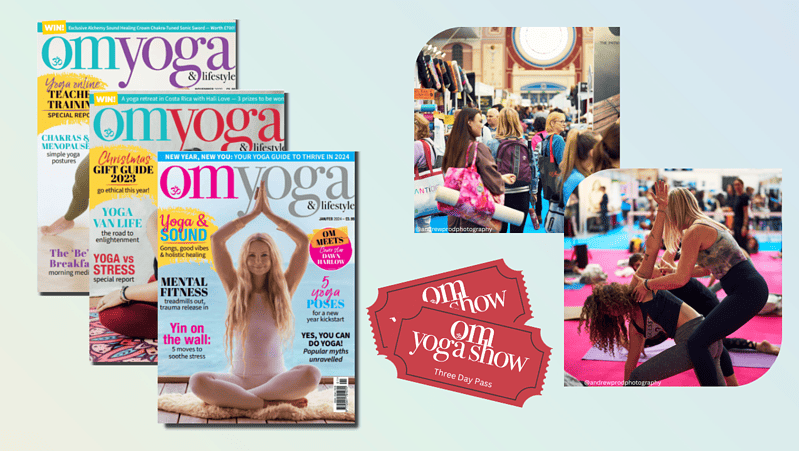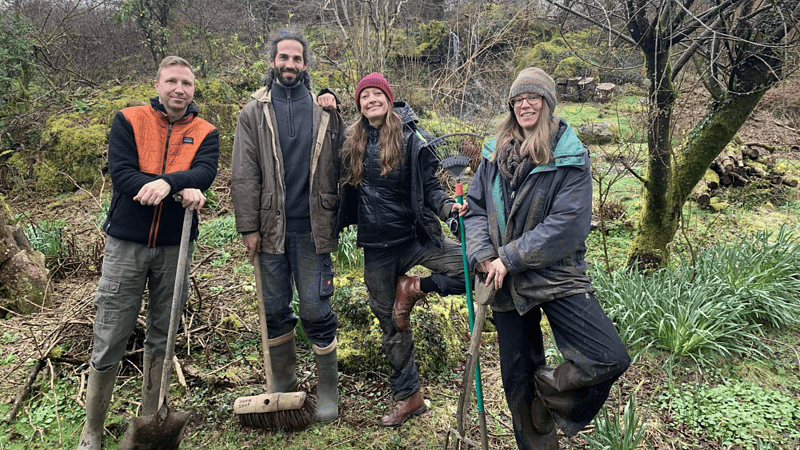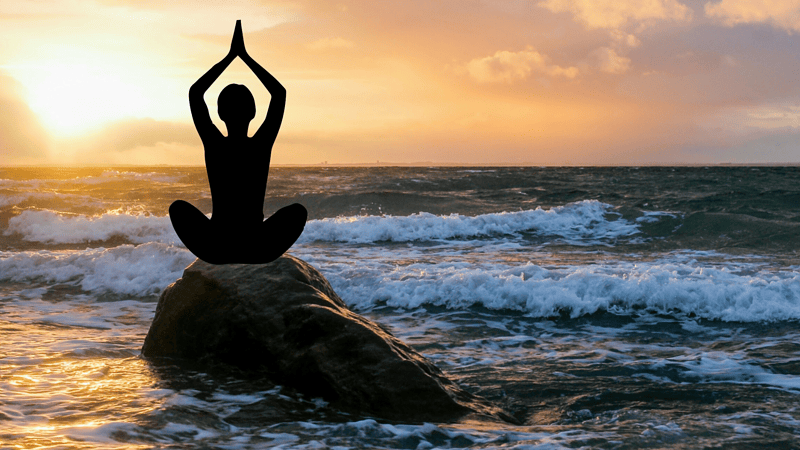What if you could not practice or teach asana? Is it still yoga? By Paula Hines
An often-used expression is: If you can breathe, you can do yoga. However, as a yoga teacher, try showing up to teach a drop-in class at the gym with no asana or movement and see the response. We know that there is more to yoga than asana, yet in the West there is so much emphasis on asana above the other seven limbs to the point that the general perception is that asana = yoga. Ask a member of the public what yoga is and they will most likely point to a picture of someone in a yoga posture. I posed this question to someone I know who has little interest in yoga and their response was: “It’s thin, tanned women doing handstands, isn’t it?” They were half-joking, but on further discussion their belief was that yoga was essentially people who did not look like them, manipulating their bodies into complicated or challenging looking shapes.
I went on to ask a few practitioners I know who attend yoga classes around London how they would feel if they arrived at their class to discover there would be no asana practice and that they would be spending the time focusing on say, breath awareness. One said they would walk out and complain to the manager. Another said they would demand their money back. “If you’re not going to move then what’s the point?” was one statement.
It got me thinking, as teachers are we similarly attached to asana, in both personal practice and teaching? For instance, are you, or do you feel in some way defined by your ability to do (or teach) certain poses with relative ease? If you couldn’t, would it change how you see yourself, or would there be concern that it may change how others see you?
Or, if you are teaching in gym or studio venues rather than classes you have set up yourself, you might feel that the extent of what you are able to teach is dictated by the venue, or the expectation of its clients.
I notice that while my own practice ebbs and flows, asana currently does not dominate in the way it once did. Yet, in my teaching I do see that asana is still central, for the most part.
But what if you could not practice or teach asana? And who would you be without it?
Paula Hines is a London-based yoga teacher and writer (ucanyoga.co.uk)







